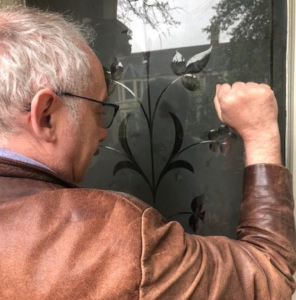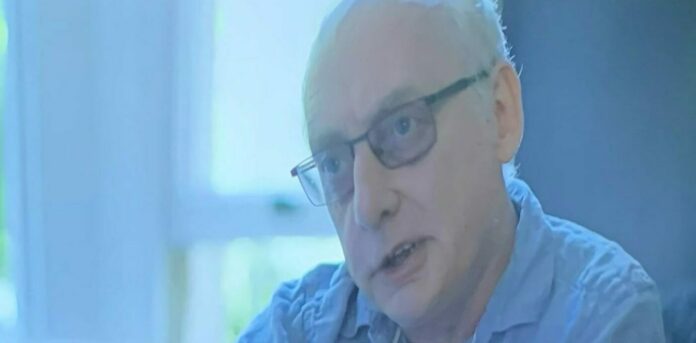- Upset coffee - 25th February 2026
- Not acting the part - 24th February 2026
- Death wish - 23rd February 2026

During 23 years with the BBC, and in a 41 year career (when he was trained to use clear and simple language, avoiding jargon), our Editor, Welshman Phil Parry, always knew that any journalist (especially an investigative one like him), should be up to speed with the law, so he looks on horrified at how next month one country will embark on a process to become the first in the world to elect ALL its judges…
Any journalist worth his or her salt (let alone an investigative one) must have a thorough knowledge of legal rules.

Libel laws, privacy rules, court regulations – the list is endless.
When I was in television these presented major hurdles which had to be cleared.
On the Monday before the regular transmission the following day of the current affairs programme I presented for 10 years (BBC Cymru Wales [BBC CW] Week In, Week Out [WIWO]) every word of script and every frame of film would be double checked by a lawyer.
He or she usually came down at lunchtime, which meant that the commentary had to be written beforehand, but after the changes, it would have to be re-written in the afternoon, then ‘dubbed’ (put with the pictures) in the evening, before I went back on the road the following day.
This meant that Mondays were EXTREMELY long days!

Now we don’t have moving pictures to look at, but every word of a story on The Eye is still checked by our lawyer before publication – this is less onerous than on WIWO, although contact must be made virtually every day.
The law changes all the time too, so the lawyer must be on top of these things, as must I.
The major concern (although there was a lot of other ones!) used to be libel, but now there are privacy rules, data protection laws, as well as copyright regulations on social media, new legal secrecy guidelines and spent convictions.
There are different issues too, I just haven’t listed them!

So it is that I look on with fascination (along with growing alarm) at the news that Mexico is to become the first country in the world next month to start down the road of electing ALL its judges.
This may on the face of it, sound like a GOOD idea – after all what right-thinking person is not in favour of democracy?


In fact it is an extremely BAD one, which undermines the concept of an independent judiciary.
On June 1 the process begins with Mexicans voting to elect judges to 850 federal posts, nine Supreme Court seats, 22 powerful tribunal jobs and thousands of roles in lower courts.
In 2027 a second vote will see the rest of Mexico’s judiciary roles filled.
A few countries elect a handful of judges, mostly to lower courts, but Mexico will then become the first country in the world where EVERY judge on EVERY court is chosen by popular vote.

However this is worrying for a number of reasons: 1. having to seek election subjects judges to the warping power of public opinion, so they are less likely to uphold the law when doing so is unpopular.
2. they may be less keen on holding politicians to account (as I like to think I do) when those politicians are (in theory) following the public’s mood.
“Nobody elected me”, declared Martha Magaña, a sitting federal judge who is not running for election, “so when I issue a ruling, I don’t owe anyone anything”.
Electing all judges is a bad idea “full stop”, says Julio Ríos, a political scientist at ITAM, a university in Mexico City.

Mexico’s Congress passed the constitutional changes required for this enormous upheaval in September.
It was Andrés Manuel López Obrador’s final act as President, achieving one of his most cherished goals, and his successor, Claudia Sheinbaum, has followed in his footsteps.
But following means you don’t lead – and by interpreting the law set by politicians that’s exactly what judges do.
Soon, though, in Mexico they will be led by judgements which get the most votes…

The memories of Phil’s astonishing, decades long award-winning career in journalism (when legal rulings were always adhered to) as he was gripped by the rare neurological disabling condition Hereditary Spastic Paraplegia (HSP), have been released in the book ‘A Good Story’. Order it now.
‘Law unto themselves part two’ comes soon, where he explores the extraordinary time taken for the legal process to come to an end, and how it seems to be becoming worse!
Tomorrow – how reports now that disgraced Welsh Go Compare frontman Wynne Evans was forced to apologise over his “spit-roast” comment – and denied it was a sex slur – highlight once more the BBC’s REFUSAL to answer The Eye’s questions over how many programmes cannot now be transmitted.









